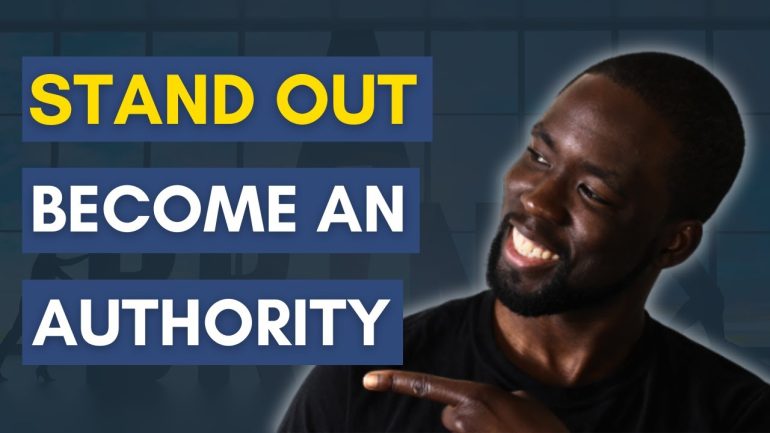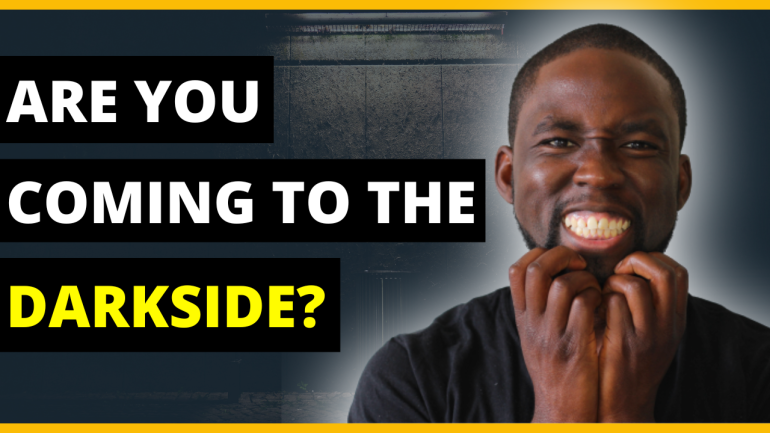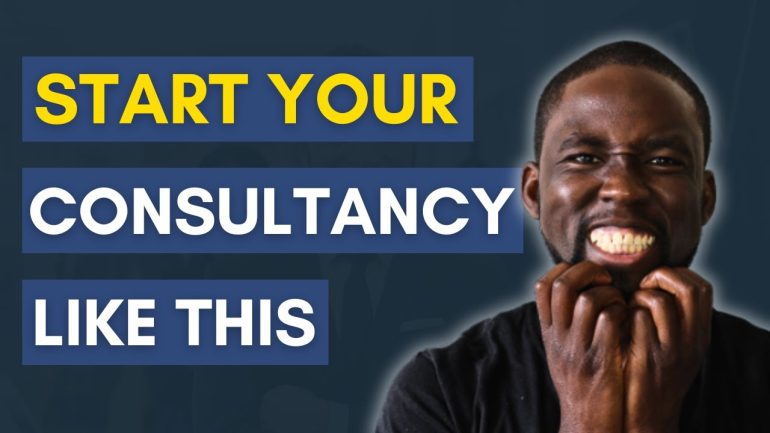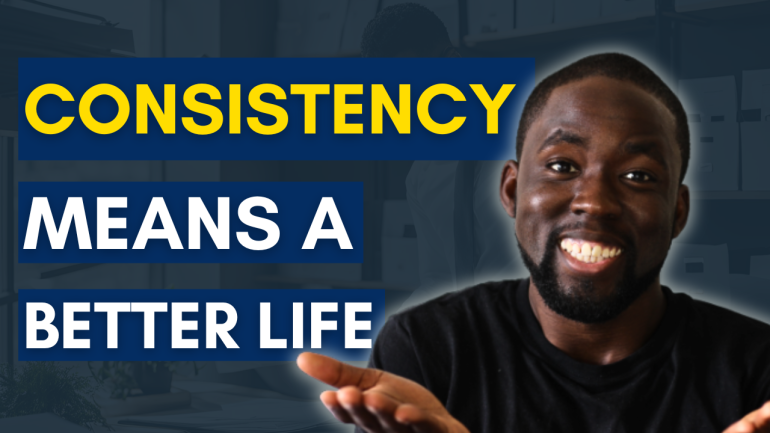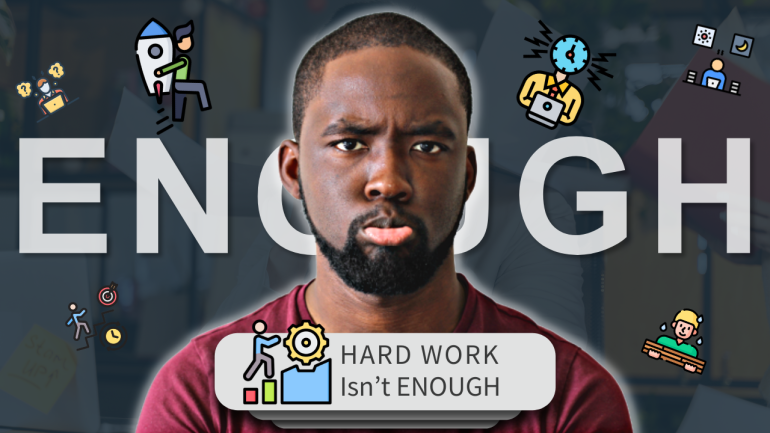7 Skills That Will Future-Proof You in 2025
Have you found yourself wondering lately, Am I still relevant in today’s world of work? Maybe it’s while reading the news, or after a conversation with a colleague. With AI disrupting industries and uncertainty hanging in the air, even the most experienced professionals are asking tough questions.
You’ve done everything right. Built your experience. Followed the process. Climbed the ladder. And yet, something doesn’t feel secure anymore. You’re not alone.
What I’ve come to realise is this: the landscape is shifting. But rather than be paralysed by it, we can take action. We can prepare. And in this article, I want to share seven practical, strategic skills that I believe will future-proof your career in 2025 and beyond.
This isn’t theory. This is drawn from real conversations, real transitions, and my own experience navigating leadership and consulting in a rapidly evolving environment.
Let’s get into it.
1. Analytical and Creative Thinking
Information is no longer scarce. Interpretation is.
Analytical thinking is your ability to break down complexity and make decisions that move things forward. In programme and change management, that skill is essential. But to truly stand out, you need creativity alongside it.
I worked with a client where the delivery roadmap was spiralling. The data told one story, but the team needed more than numbers. They needed a refreshed vision. Through creative storytelling, we helped the leadership reconnect with purpose and reenergised the programme. Within months, milestones were being hit again. This taught me that you need to connect to the essence of what you are doing. It cannot be superficial
AI may generate data and information, but it can’t bring human insight and originality in the way you can. That’s your edge. Never rely on AI to create the finished product. Use it to brainstorm and do initial research. Then rip it apart and add your edge to it.
At times it’s the meta-prompt that creates the genius when it comes to AI.
2. Technological Agility
You don’t need to be a tech wizard. But you do need to be tech-aware.
I’m not a coder. But I’ve leveraged tools like Gemini to streamline client delivery, automate repeatable tasks, and even draft messaging frameworks.
The gap between “technical” and “non-technical” is closing. What matters now is your curiosity and willingness to experiment. Prompting well, understanding basic automation, and being able to test new platforms put you ahead of the curve.
Tech isn’t something to fear. It’s something to use to your advantage.
Play around with tools like Replit, Make and others to design new applications and automations to enhance your workflow.
3. Adaptability, Resilience, and Agility
Forget five-year plans. We live in a world where agility wins.
I remember back in 2024 I was due to have my contract extended, but Rishi Sunak’s General Election prevented that from happening. I had no job for almost 6 months. The market was off. I could have frozen. Instead, I pivoted quickly, tapped into my network, redefined my offers and found alternative avenues to find opportunities. Within five months, I had regained traction and created more resilience than I’d had before. This has resulted in my biggest paycheck to date.
This is what I mean by agility. Having frameworks. Templates. Assets. Knowing where to go next and being mentally prepared to do it.
In a world that’s volatile, uncertain, and tech-driven, the ability to adapt with speed and quality is gold dust. It was once described as a VUCA world (Volatile, Uncertain, Complex and Ambiguous), and although that is still true we are experiencing a BANI world that is Brittle, Anxious, Non-linear and Incomprehensible.
4. Lifelong Learning and Curiosity
Here’s what I’ve learned: the people who win are the ones who stay curious.
Lifelong learning is not a buzzword. It’s the foundation of professional longevity. I’ve taken time to upskill in areas like AI applications and automation. Not to become an expert, but to be fluent enough to ask better questions, shape strategy, and speak the same language as my clients.
Learning doesn’t need to be complicated. You can:
- Follow thought leaders
- Take short online courses
- Read one article a day
- Reflect and share your own insights
Curiosity sharpens confidence. Confidence sharpens competence.
5. Emotional Intelligence
You can be the smartest person in the room and still lose if you lack people skills.
Emotional intelligence is the invisible driver behind influence, team cohesion, and decision-making under pressure. It’s the ability to read the room, stay self-aware, and respond with intention.
I always go back to the model that Daniel Goleman’s popularised:
- Self-awareness
- Self-management
- Social awareness
- Relationship management
- Motivation
If you understand these and actively work on them, your leadership presence strengthens naturally. People will want to work with you. You’ll become the go-to voice in times of pressure.
One thing I’ve found that helps is journaling. Another is feedback. If you’re willing to reflect honestly and take action, your EQ grows.
6. Leadership and Influence
Leadership isn’t about title. It’s about impact.
My personal definition of leadership is living by example. If you’re embodying the values and behaviours others want to follow, you’re already leading. And in the world of independent consulting, this kind of influence matters.
I’ve sat in executive rooms where indecision was stalling progress. Not because they didn’t know what to do, but because no one had the courage to create structure or rock that status quo..
Lead with clarity. Lead with integrity. That’s what clients remember.
7. Articulating Value with the PAR Model
If you can’t articulate your value, people won’t know what they’re buying.
The PAR Model, Problem, Action, Result, is something I use constantly. It’s how I coach others, and how I’ve positioned myself in the market.
Here’s a simple example:
- Problem: Delivery timelines were slipping due to disengaged stakeholders.
- Action: Facilitated clarity workshops and implemented feedback cycles.
- Result: Increased engagement by 60 percent and restored delivery pace within two sprints.
The key is not just doing the work. It’s packaging your work in a way that resonates with decision-makers.
Bonus Insight: Working Harder Is Not Enough
We’ve all heard it. Work harder. Push through. Keep grinding.
But in today’s climate, effort without direction leads to burnout. It’s not just about working harder. It’s about working smarter, with strategy. Understanding the market. Knowing where your skills land. And adjusting with intention.
If nothing changes, nothing changes. And that’s where most people get stuck.
Final Thoughts: Embrace the Shift
The world of work is evolving fast. But that doesn’t mean you can’t find your place in it.
If you lean into these seven skills:
- Thinking clearly and creatively
- Understanding and leveraging tech
- Staying agile in uncertain times
- Committing to learning and growth
- Growing your emotional intelligence
- Leading by example
- Communicating your value effectively
You’ll position yourself for opportunity, influence, and long-term impact.
Let’s Connect
What’s one skill you’re building this year? I’d love to hear from you.
Connect with me on LinkedIn or Instagram. And if you’ve found this valuable, don’t forget to subscribe for more content on consulting, leadership, and building a career on your terms.
Understand. Reach. Expand.
Peace.

